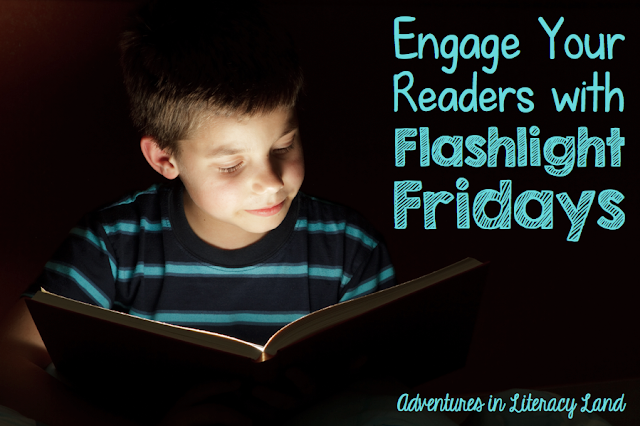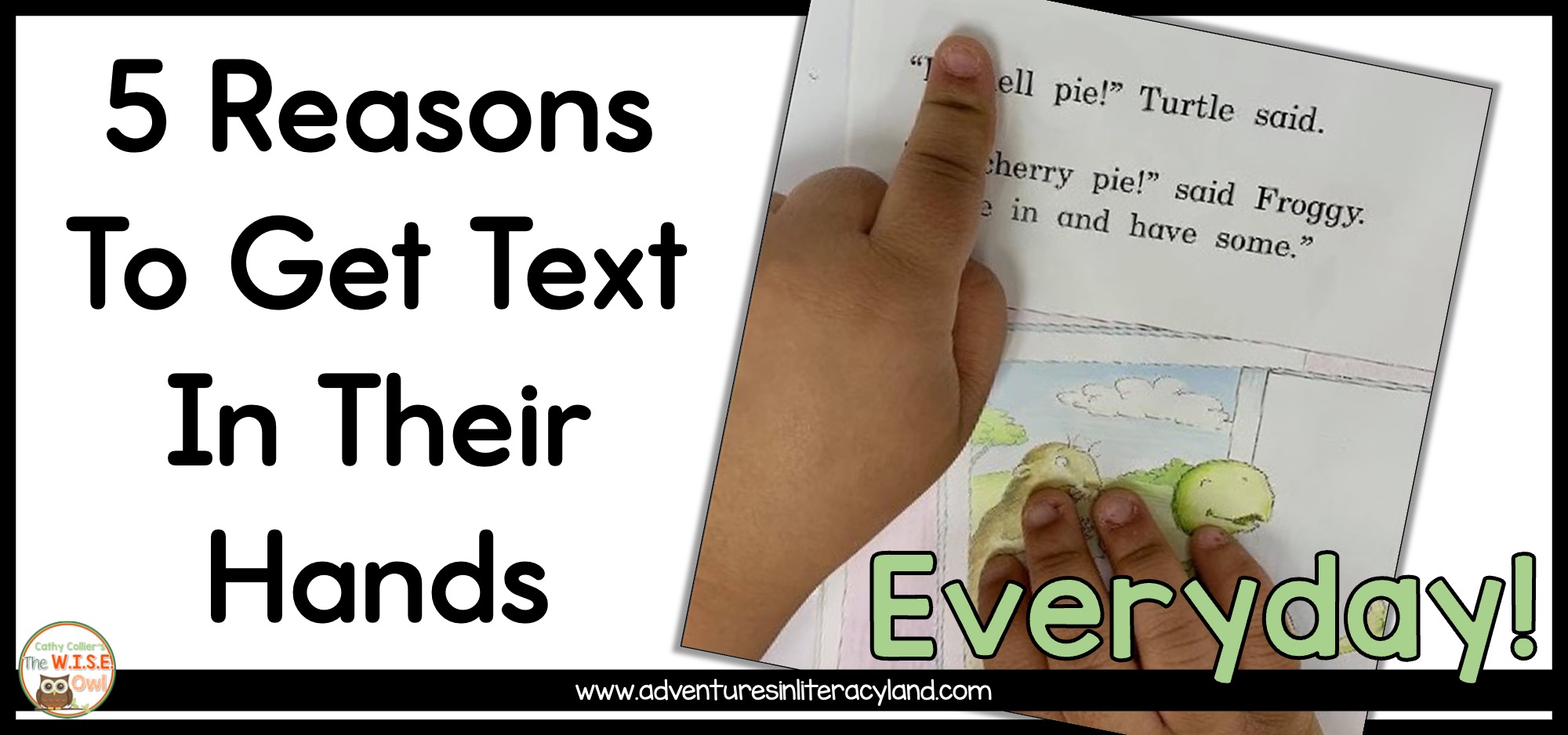With summer vacation here for many and just around the corner for others, we hear a lot about summer reading and making sure kids read at home while not in school. But what about writing? Reading and writing go hand in hand. So, whether you are finishing up the school year or at home with your kids on summer vacation, don't forget to encourage them to write! Here are some simple, fun, and authentic ways to incorporate writing at home this summer (and all year round)!
If you are a teacher, consider providing your students with your address or an email address so that they can write to you about their summer adventures. As a parent, encourage your kids to write letters to relatives whom they may not see as often or friends that have moved away. Or find them a pen pal...even if it's a kid just a street over, it would still be a blast for younger kids to write back and forth. It's also usually possible to find an address for celebrities your child may be interested in online...can't guarantee a response though!
Post cards are so cheap to buy! Purchase them when you go out of town and have your children write about their experiences and send them to a friend or family member. Super easy and quick writing practice.
The year is so hectic we often run out of time for handmade cards when school is in session. Have your kids get ahead by making birthday cards for relatives in advance. They could even make cards for upcoming holidays or decorate thank you cards to use in the future (just leave the inside blank).
Have your kids write reviews about movies they see, books they read, restaurants they eat at, and places they visit throughout the summer. They can rate the places using stars and then describe why they gave the rating they did. You could even compare their ratings to those found online.
Do your kids have friends over throughout the summer? Any family barbecues or birthday parties? Have your children make invitations for these events complete with the date, time, place, and events.
Get some neat note pads and use them for lists. Your children can write lists of what they need at the grocery store, things they need to get done on a particular day, books they'd like to read this summer, etc.
Visit the dollar store and stock up on post its. Encourage your kids to use them for reminders and messages for family members. Maybe a message to mom to get some more popsicles at the grocery store, a note to dad wishing him a good day at work, or a reminder to clean up the play room tomorrow.
Have your kids keep a journal of their daily activities. If you have a little girl, she'd probably love a diary with a "lock" on it and it would probably encourage her to write about her summer days. Or bring a journal along on vacation so that your kids can write about their trip, the places they visited, and the observations they made.
Before playing a game, have your child write down the step by step directions. Follow them and see how accurate they were. You could do the same with recipes before making lunch or even how to get somewhere in the community.
Do you have any other ideas? Leave a comment and share them with me!



































